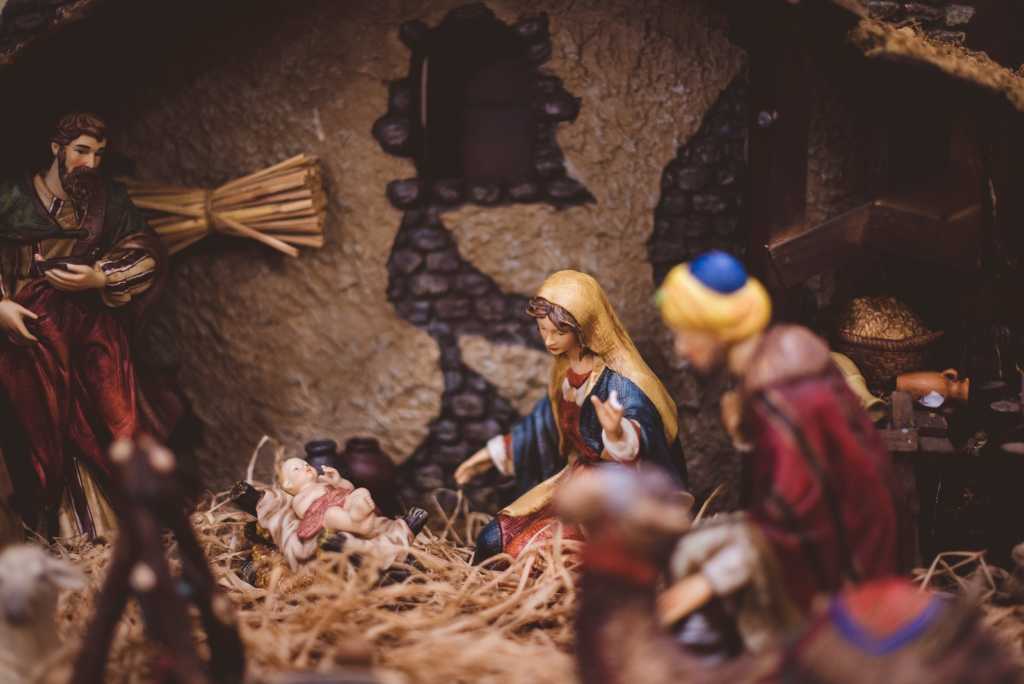A professor from Minnesota believes the Virgin Mary may not have given “consent” when the angel Gabriel told her she would give birth to the baby Jesus.
In a tweet, Eric Sprankle, professor of clinical psychology and sexuality studies at Minnesota State University Mankato, wrote, “The virgin birth story is about an all-knowing, all-powerful deity impregnating a human teen. There is no definition of consent that would include that scenario. Happy Holidays.”
The virgin birth story is about an all-knowing, all-powerful deity impregnating a human teen. There is no definition of consent that would include that scenario. Happy Holidays.
— Eric Sprankle, PsyD (@DrSprankle) December 3, 2018
One Twitter user swiftly replied to Sprankle’s assertion, informing him the Virgin Mary did, in fact, consent to her significant role in Jesus’ birth. In Luke 1:38, Mary told the angel, “I am the Lord’s servant. May your word to me be fulfilled.”
But the professor wasn’t satisfied with the explanation, arguing the virgin mother’s consent didn’t carry much weight because of the “power difference” between her and Gabriel.
Elementary School in Nebraska Bans Slew of Christmas-Themed Items
“The biblical god regularly punished disobedience,” Sprankle wrote. “The power difference (deity vs mortal) and the potential for violence for saying ‘no’ negates her ‘yes.’ To put someone in this position is an unethical abuse of power at best and grossly predatory at worst.”
The biblical god regularly punished disobedience. The power difference (deity vs mortal) and the potential for violence for saying “no” negates her “yes.” To put someone in this position is an unethical abuse of power at best and grossly predatory at worst.
— Eric Sprankle, PsyD (@DrSprankle) December 4, 2018
Sprankle later referenced the critic’s tweet once again, this time with a scenario of his own. He compared Gabriel’s comments to the following fictional scenario: “I’d never force you to be in a relationship with me, but I will destroy you and everyone you love if you aren’t.”
With that example, the professor suggested, while the Virgin Mary was given a choice, it was a false choice, one in which she didn’t really have any options.



